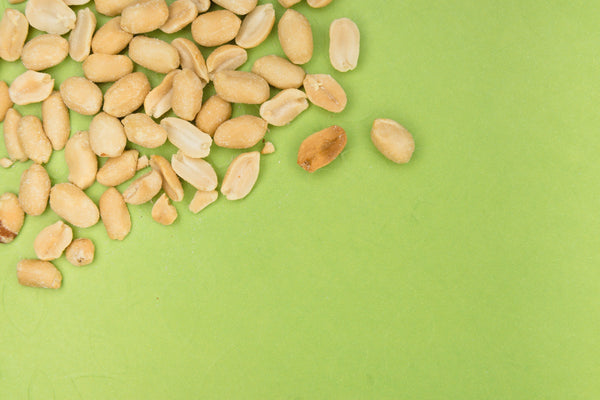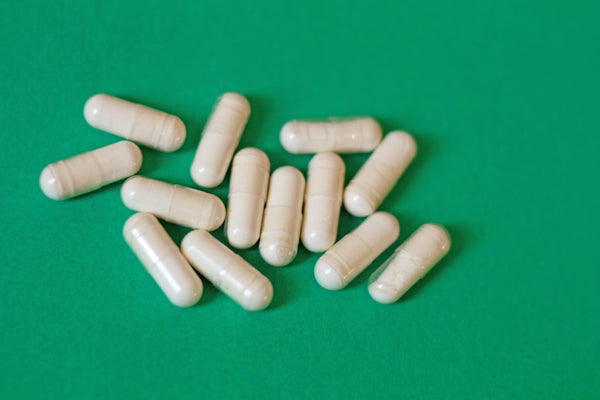Fueling Young Athletes: Gut-Friendly Nutrition Tips for Sports and Physical Activity
share this article

For young athletes, proper nutrition is crucial not only for performance but also for supporting gut health. The gut plays a significant role in digestion, absorption of nutrients, and overall well-being. By incorporating gut-friendly nutrition tips, parents can help their little ones optimize their athletic performance while supporting a healthy digestive system.
Focus on Fiber-Rich Foods
Fiber is essential for maintaining a healthy gut microbiome and promoting regular bowel movements, crucial for young athletes' digestive health. According to research published in the Journal of Nutrition, diets high in fiber have been linked to a lower risk of gastrointestinal issues and improved gut function in kids. Encourage kids to consume fiber-rich foods like fruits, vegetables, whole grains, and legumes to support their gut health and overall well-being.
Include Probiotic-Rich Foods
Probiotics are beneficial bacteria that promote a healthy balance of gut microbiota, which is essential for optimal digestion and immune function. Studies suggests that probiotics may reduce the incidence of gastrointestinal symptoms and improve gut health in young athletes. Incorporate probiotic-rich foods like yogurt, kefir, sauerkraut, and kimchi into kids' diets to support a diverse and healthy gut microbiome.
Daily reads to help your little ones lead happier and healthier lives.
Join the
Happy Gut Club
Stay Hydrated with Water
Proper hydration is crucial for maintaining gut health and preventing dehydration, especially during physical activity. According to research published in the Journal of the American College of Nutrition, dehydration can lead to gastrointestinal symptoms such as cramping, nausea, and diarrhea in young athletes. Encourage kids to drink plenty of water before, during, and after exercise to stay hydrated and support their digestive health.
Limit Sugary and Processed Foods
Highly processed and sugary foods can disrupt the balance of gut microbiota and contribute to gastrointestinal discomfort in kids. Research suggests that diets high in refined sugars and processed foods may increase the risk of gut dysbiosis and inflammation. Encourage kids to limit their intake of sugary snacks, sodas, and processed foods in favor of whole, nutrient-dense options to support a healthy gut microbiome.
Practice Mindful Eating
Teaching kids to eat mindfully can help promote better digestion and absorption of nutrients. Mindful eating practices, such as paying attention to hunger and fullness cues and savoring each bite, may improve gut function and reduce digestive discomfort in kids. Encourage kids to eat slowly, chew their food thoroughly, and listen to their bodies' signals to support optimal digestion.
Summary
Optimizing gut health is crucial for young athletes' performance and overall well-being. Incorporating fiber-rich foods, probiotic-rich foods, staying hydrated with water, limiting sugary and processed foods, and practicing mindful eating can support a healthy gut microbiome and digestive system in kids.
















